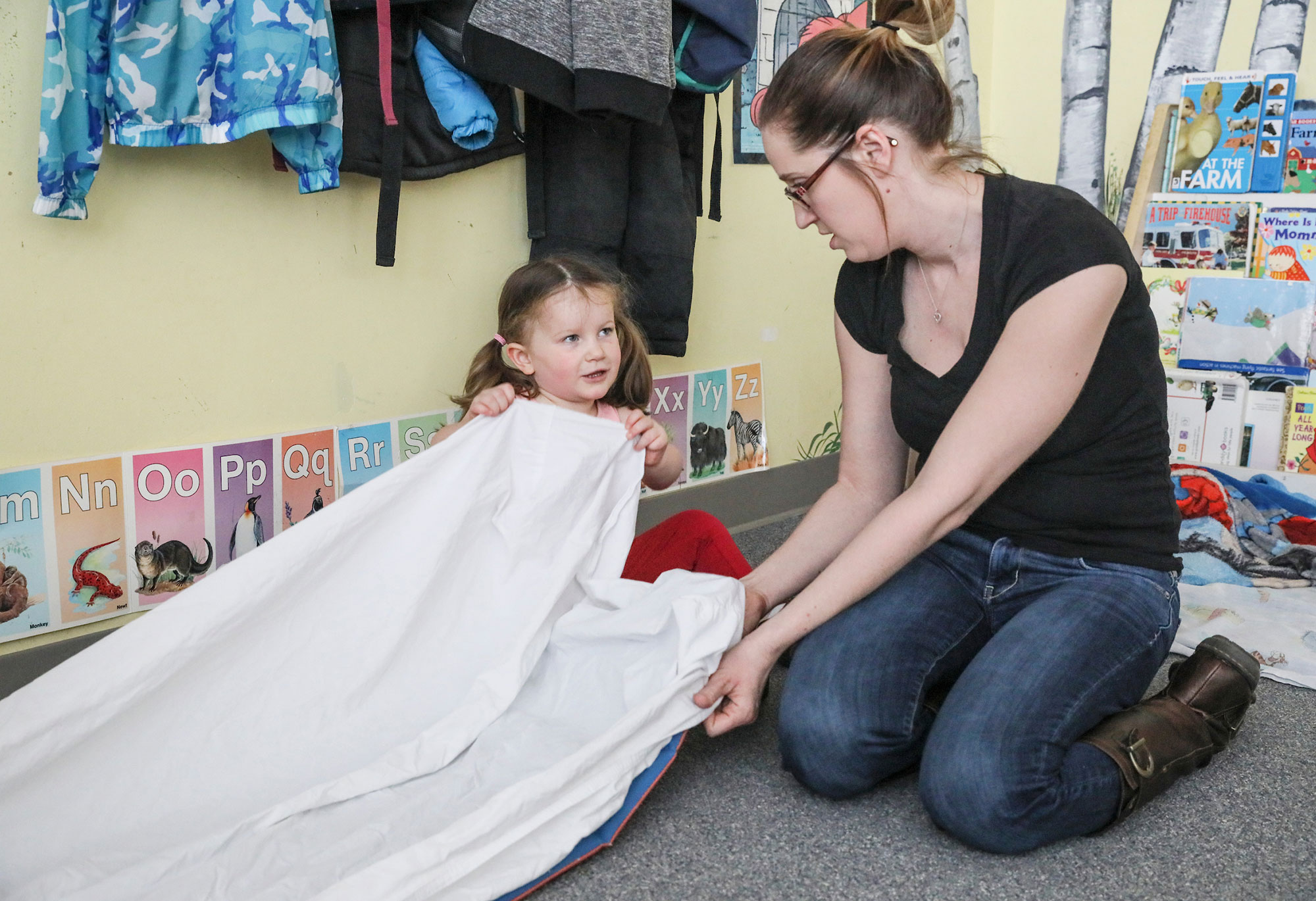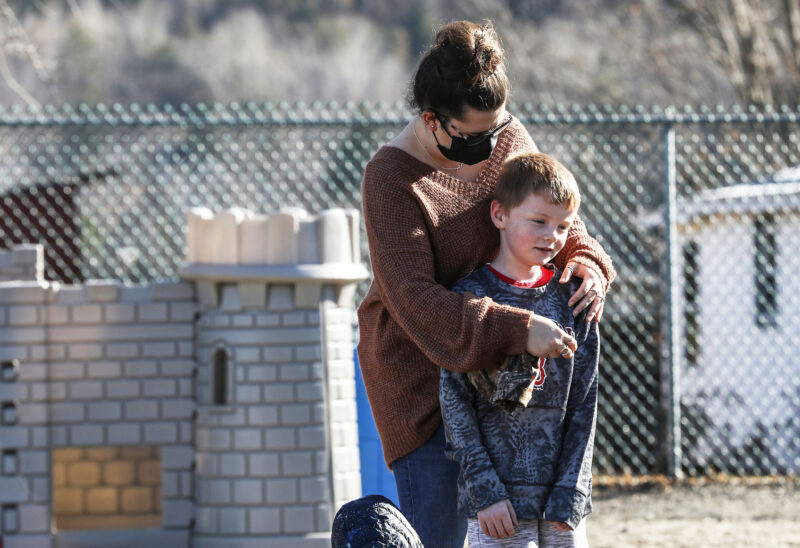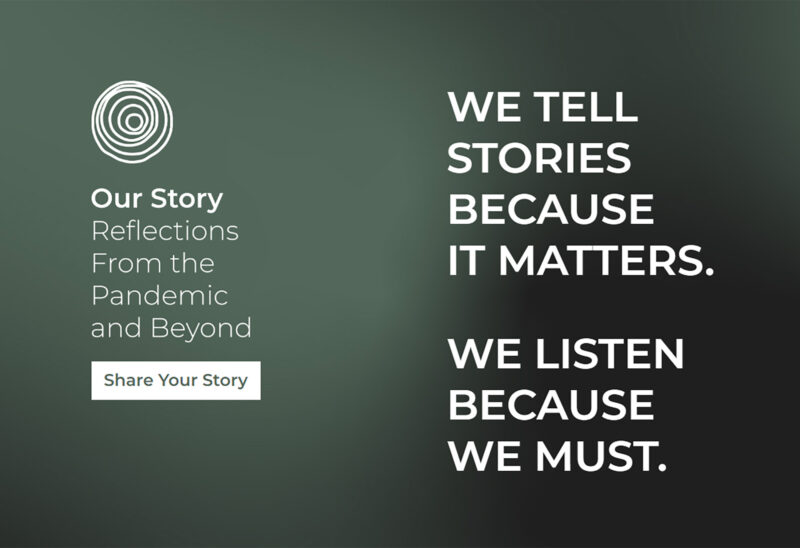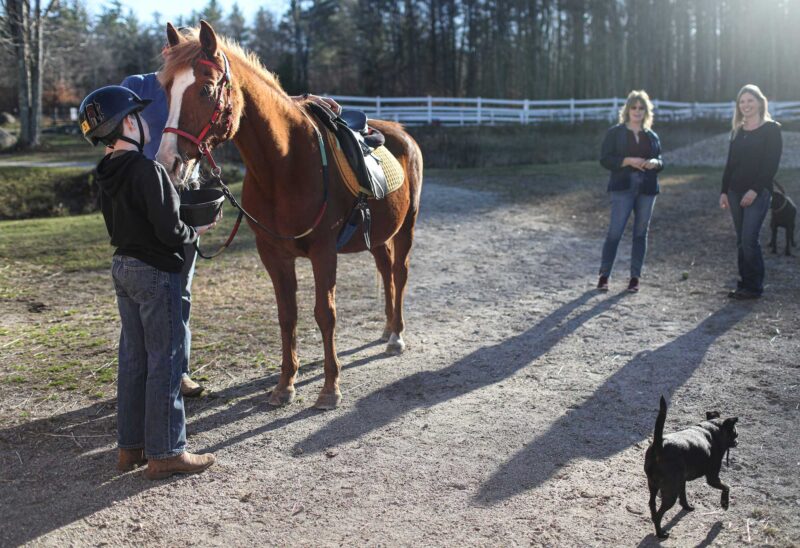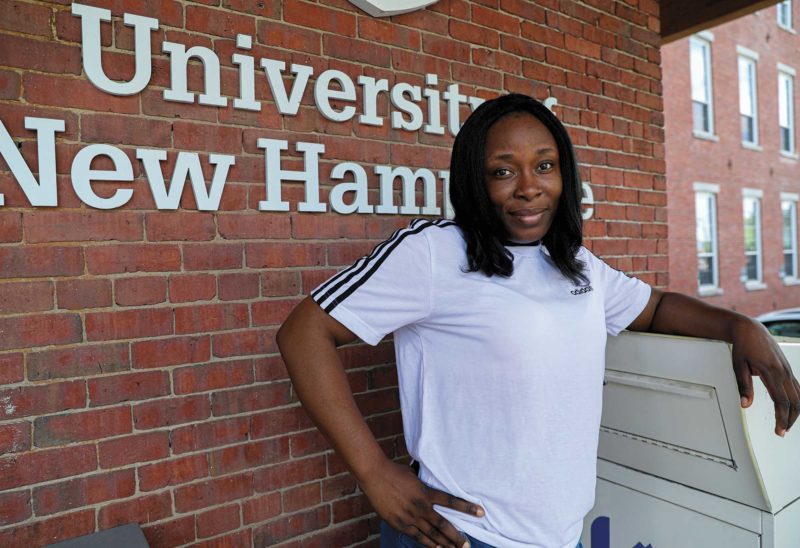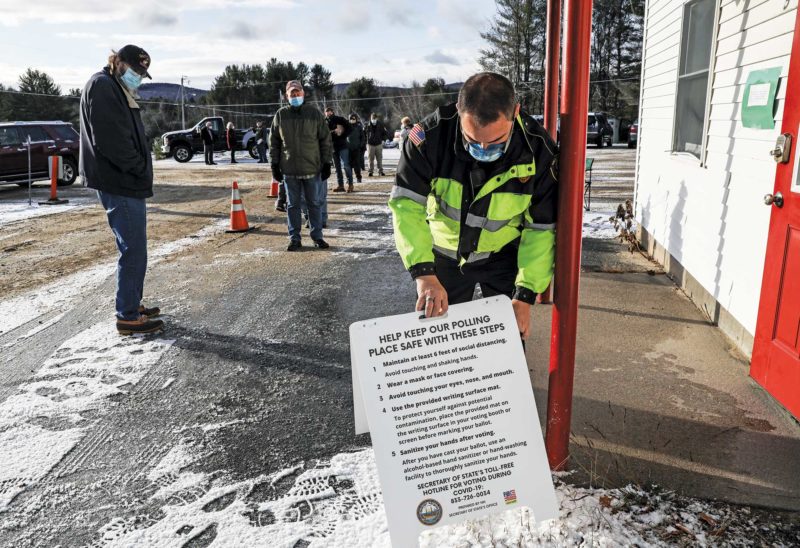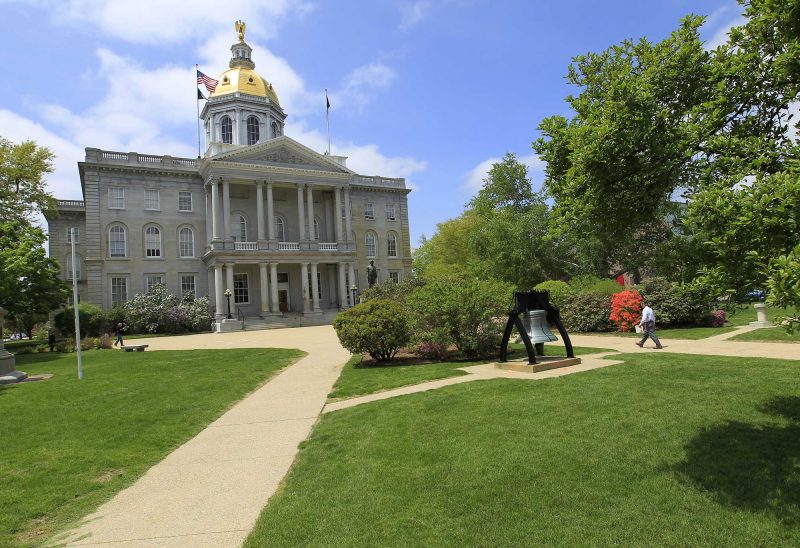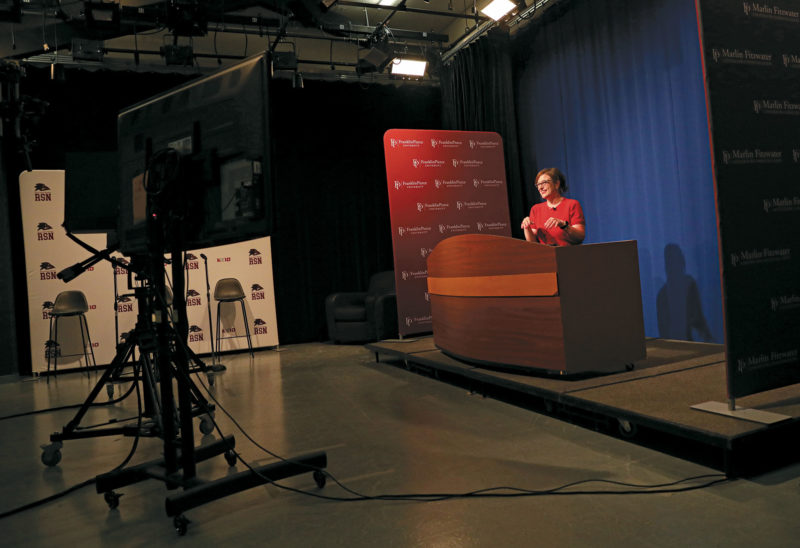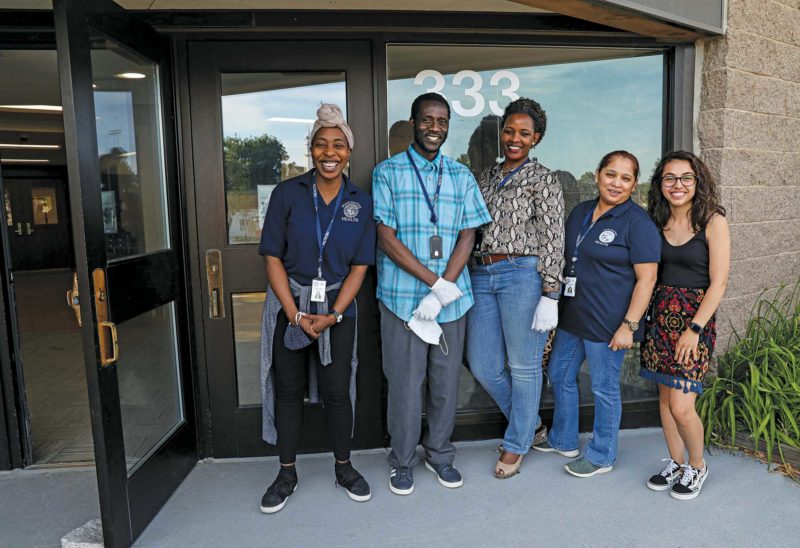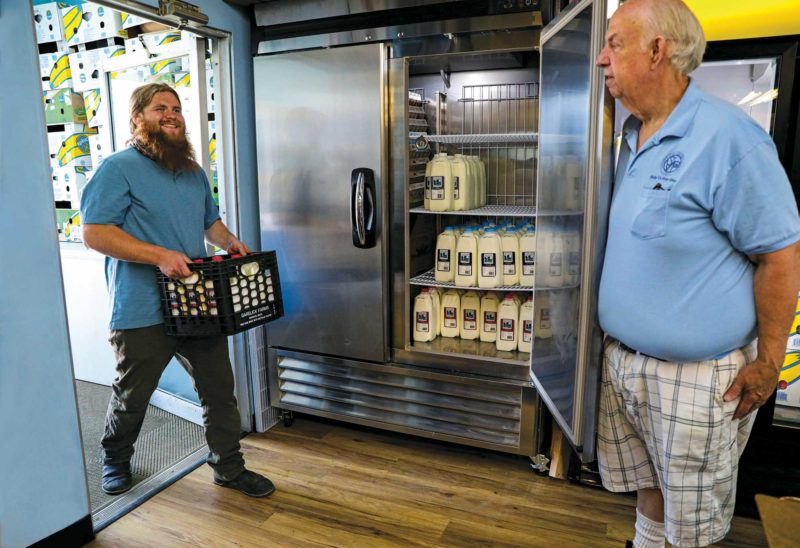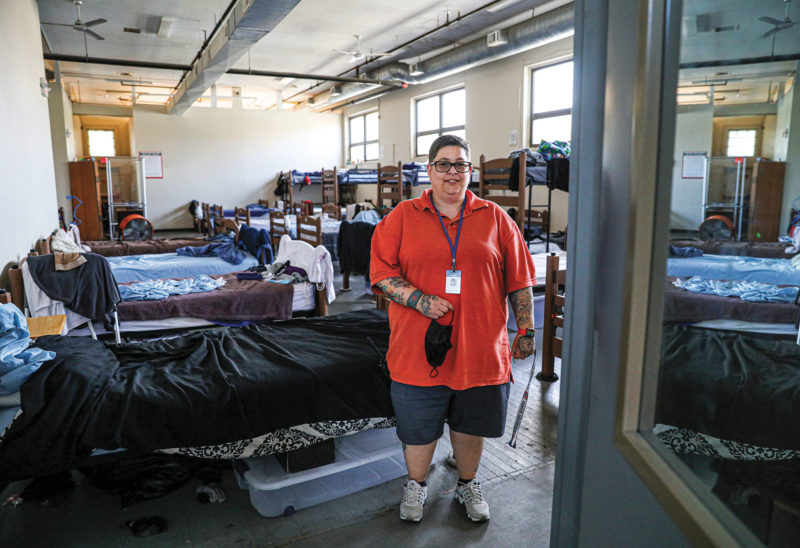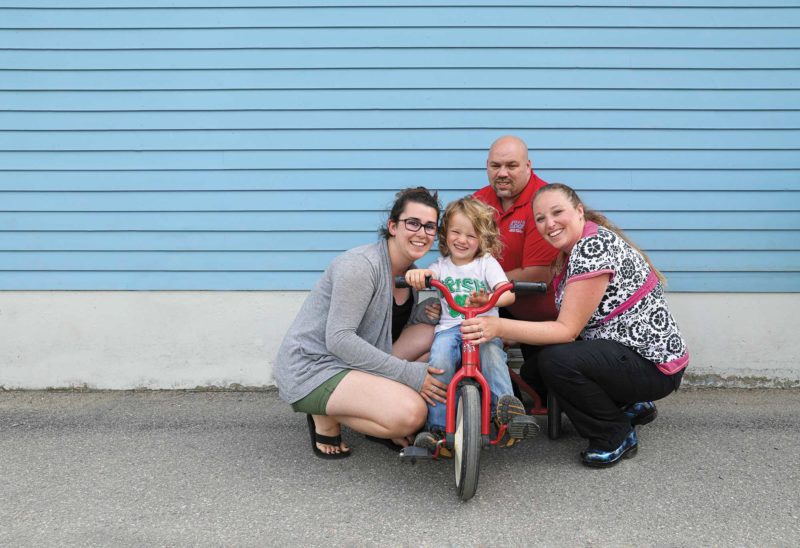Morgan and Tara Rutman were watching closely as the COVID-19 pandemic unfolded across Italy, Spain, Washington, New York. They did not wait for community transmission to hit New Hampshire before they acted to help local nonprofits that would be on the front lines when the virus hit here.
They called the Charitable Foundation and asked for suggestions on where to recommend immediate grants from their donor-advised fund.
“We wanted to get money out there that would be effective right away,” Tara Rutman said.
The Rutmans have recommended more than two dozen grants from their fund since March 20: For meals-on-wheels for elders, to support for survivors of domestic violence, for mental health services and suicide prevention, for emergency needs for vulnerable families — and more.
Donor-advised-fund holders at the Charitable Foundation are stepping up to meet community need during this unprecedented crisis.
In a little over a month, donor-advised-fund holders at the Foundation transferred almost $2.5 million into the Foundation’s Community Crisis Action Fund to respond to immediate community need and recommended an additional 329 grants to community nonprofits totaling $1.84 million in response to the COVID-19 crisis (view a complete grant list).
Many are giving now instead of waiting until end-of-year, giving for general support instead of restricting grants to specific projects, and increasing the annual amount that they give. And, importantly, they are checking in to hear about what nonprofits need most right now.
“Foundation donors have been meeting this crisis with thoughtfulness, urgency, and incredible generosity,” said Melinda Mosier, director of donor services at the Charitable Foundation.
The Rutmans are spending down money now from their fund at the Foundation that they had initially planned to disburse over a period of years. They have also contributed to the Community Crisis Action Fund, a gift which prompted an additional contribution from Morgan’s employer.
“Mike Tyson has a saying that everybody has a plan until you get punched in the face,” Morgan Rutman said. “COVID punched people in the face. The plan of having a reasonable amount of assets in the donor-advised fund that you would gradually spend over a long period of time is a great plan — but you have to adjust the plan because the need is unforeseen and at unprecedented levels.”
When the Charitable Foundation established the Community Crisis Action Fund on March 20, Barbara and Dick Couch were among the first to respond.
“We felt the world shutting down around us, and there was almost a sense of panic and fear…but that instantly turned to: ‘What could we do?’” Barbara Couch said.
Within days, they requested that a substantial amount be transferred from their fund at the Foundation into the crisis fund to respond to immediate community need. Their gift has been helping to provide safe child care for the children of essential workers, feed people who are hungry and safely shelter those without homes — and much more.
“We recognized that money would eventually be coming from federal sources and state sources and other funding sources,” Dick Couch said, “but we also knew that we could make a decision quickly and allocate it without red tape.”
“We had every confidence in the Charitable Foundation to act quickly and with competence and compassion — and in its ability to deploy resources to the most vulnerable and marginalized populations,” Barbara added.
The Couches also manage a family foundation. In addition to contributing to the Community Crisis Action Fund, they decided to mirror the Charitable Foundation’s response strategy to make immediate, unrestricted grants, release multi-year funds early and provide maximum flexibility to grantees.
“We drew inspiration from that and recognized we could do it ourselves,” Barbara Couch said.
An anonymous donor in the North Country region made a substantial transfer from her DAF into the Community Crisis Action Fund, and recommended additional grants to community nonprofits.
“I trust the Charitable Foundation to know which of the organizations have the most immediate need and can have the most immediate impact across the state,” she said of her contribution to the crisis fund.
She had intended to recommend grants later this year to environmental organizations that she consistently supports as well, but decided to also get that money out the door right away. “I recognized that they would need the funds and could use them immediately,” she said.
And she said that she felt it was important to continue to support those organizations — even though they are not on the front lines of the COVID crisis.
“One of the things we are all learning through this crisis is how important the natural world and the opportunity to be outdoors is to our health — physically, mentally and emotionally,” she said. In that way, she said, organizations that conserve open space and make it available to all “are an important part of the response to this pandemic. And we want them to be there and to be in good health once we come out the other side of this.”
The Couches, who are generous supporters of early childhood education, said that they hope lessons learned now will prompt creation of a more sustainable model for early-childhood care.
“My hope that there will be a widespread recognition of how important early-childhood care and education is not only to the children — which has been demonstrated over and over again,” said Dick Couch, “but also how important it is to our functioning economy.”
As public-health and economic experts have made clear, the effects of this crisis will continue to unfold over communities for months to come.
“The Foundation recognizes — and the generous people we work with recognize — that we have an obligation and responsibility to respond right now,” said Mosier, “but that we are also in it for the long haul.”
“In the next six-to-12 months, there is going to be tremendous need,” Morgan Rutman said. “I really hope that people who have the means really think about if they have done enough yet. I would ask people to look in the mirror and ask themselves ‘Have I done enough?’ and ‘Do I feel good about what I’ve done?’”
If you have questions about grantmaking from a donor-advised fund to respond to the COVID crisis, or would like more information, please contact Melinda Mosier, Charitable Foundation director of donor services, at 1-800-464-6641 or Zryvaqn.Zbfvre@aups.bet.

